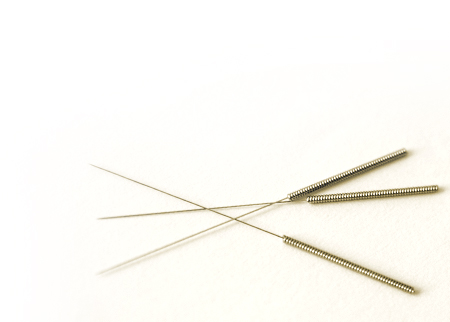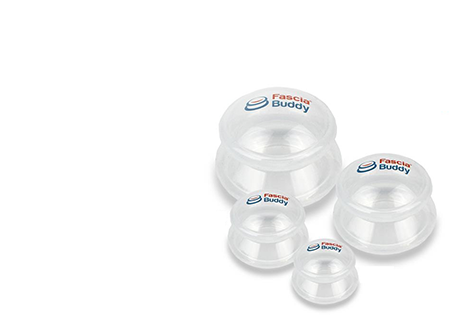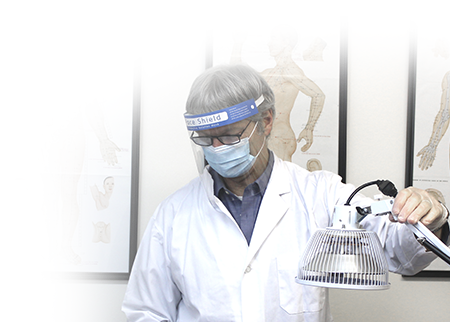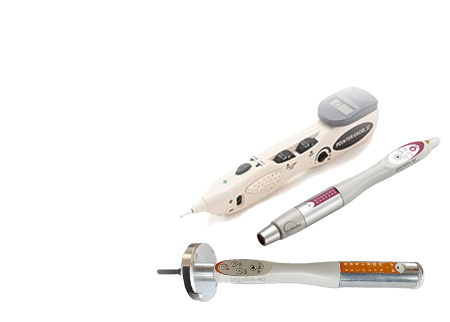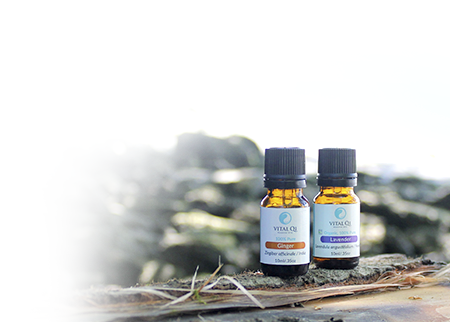By Dr. Mason Bresett ND Naturopathic Doctor and Medical Advisor
Ecology and Application
Mushrooms have a unique and important role in ecological systems as a part of nature. Mushrooms have a similar breadth in the health and wellness world.
This newsletter explores some of the key shared features of both ecological and clinical actions of medicinal mushrooms.
Symbiosis
After interviewing Dr. Paul Anderson, Naturopathic Medical Doctor (NMD), who has a focus on autoimmunity, chronic infections, and integrative cancer care, it was evident that the above approach may need more fleshing out.
Dr. Anderson suggested that chronic infections, immune suppression, toxicity, and microbiome imbalances may need more attention before redosing mushrooms. Dr. Anderson also elucidated that using a broad spectrum of a blended mushroom product is something to consider when using mushrooms with autoimmune patients.
Saprophytism
Ecology: Mushrooms derive nourishment from dead or decaying matter (rooting wood, manure, organic matter).
Clinical: Mushrooms derive key nutrients from the wood substrate. A common example of this is the betulinic acid found in Chaga derived from betulin in birch trees. The Psilocybe genus is being studied and used in end-of-life anxiety and depression (
3). These anxiolytic and anti-depressant effects may relate to this decomposition function in ecology by helping transform and decompose emotions that are harder to access and integrate. Mushrooms generally digest before they ingest organic matter, the opposite of us humans. This helps mushrooms degrade large insoluble carbohydrate molecules like lignans (plus transform them) that would be unavailable for human consumption. Their enzymes are external, unlike our internal enzymes.
Medicinal mushrooms are also used extensively in oncology treatments for preventative, treatment, and post-treatment stages. Oncological diseases at their core are abnormal cell growth patterns that can take over healthy cells. Medicinal mushrooms don’t help decompose cancer cells literally, but they may be able to support recovery and quality of life, a process of transforming the old into new. Mushroom compound interaction with the immune system is seen through research on compounds like PSP, PSK, and through cytokine mediation of mushroom extracts leading to changes in the innate and adaptive immunity systems – the cleanup and healing systems of our body (
4). Mushrooms can be supportive of a healthy microbiome, which has implications for oncology (
5).
Another important clinical component of mushrooms decomposing substrate for growth and their life cycle – is the question of what is the substrate or growing medium. As mentioned above, mushrooms are generally seen growing on either live, partially alive, or rotting trees or wood. Mushrooms that are grown on wood substrate show high levels of active compounds compared to other growing mediums like grains. Mushrooms grown on wood or wood substrate have been shown to have higher levels of beta-glucans, the most studied polysaccharide in scientific evidence in mycology and health. You can read more about the importance of substrate
here.
Parasitism
Ecology: Mushrooms can infect their host and cause death or beneficial actions as mentioned above. Some mushrooms use their hosts to help reproduce and further their own life cycle like Cordyceps sinensis. C. sinensis mushrooms infect and eventually kill their prey. Cordycepin may inhibit its prey’s immune system and allow access into the body.
Clinical: Thankfully, as humans, our immune and defense mechanisms don’t allow fungal species to become parasites. Interestingly enough, Cordycepin, one of the main compounds in Cordyceps militaris has been hypothesized to inhibit its prey’s immune system and allow access into the body (
6). A drug derived from cordyceps named Corbin, showed positive immune biomarker changes in both hyper and hypothyroid cases, highlighting the immunoregulation properties but also the innate regulation properties when the immune system was stimulated too high (
7).
Hormesis and Resilience
Ecology: Mushrooms contain tough polysaccharides known as chitin which give them protection in their environment, versus plants that contain a more malleable structure of cellulose. Most adaptogens like rhodiola, maca, and ashwagandha grow in harsh climates, where the adaptogenic plant or mushroom has to adapt with its own biochemistry.
Clinical: Mushrooms have been long known to possess adaptogenic properties, meaning they help the body respond and be more resilient in situations of stress. Mushrooms grow in unlikely or less favorable conditions like cold, dark, and wet environments. Despite their growing conditions, mushrooms are able to defend themselves against invaders and microbes. By using innate defense mechanisms, mushrooms have hundreds of different fungal compounds that support this resistance. Clinically we may be tapping into some of these mushroom defense compounds. Mushrooms also work by stimulating our own hormetic inflammatory response by acting as Pathogen-Associated Molecular Patterns (PAMPs)
Mycoremediation
Ecology: Mycoremediation is a form of bioremediation that uses mushrooms to decontaminate the environment. Mushrooms have the unique function of being able to clean up different contaminants like heavy metals, hydrocarbons, pharmaceuticals, personal care products, pesticides, herbicides, petroleum fuels, and more.
Clinical: Mushrooms have a role in detoxification via their unique antioxidant properties and active compounds. Mushrooms contain small amounts of glutathione and contain the highest amount of ergothioneine out of any food. These are two important molecules that support detoxification and decrease oxidative stress in the body. Mushrooms are also a decent source of amino acids for vegetarians, good for phase 2 liver detox pathways. For more information on how mushrooms may support detoxification and “clean up” in the body, be sure to read our blog on this very topic.
Dr. Mason Bresett ND
Naturopathic Doctor and Medical Advisor
References
- Brito, I., Goss, M. J., de Carvalho, M., Chatagnier, O., & van Tuinen, D. (2012). Impact of tillage system on arbuscular mycorrhiza fungal communities in the soil under Mediterranean conditions. Soil and Tillage Research, 121, 63-67.
- Park, E. J., Lee, W. Y., Kim, S. T., Ahn, J. K., & Bae, E. K. (2010). Ergothioneine accumulation in a medicinal plant Gastrodia elata. Journal of Medicinal Plants Research, 4(12), 1141-1147.
- Griffiths, R. R., Johnson, M. W., Carducci, M. A., Umbricht, A., Richards, W. A., Richards, B. D., Cosimano, M. P., & Klinedinst, M. A. (2016). Psilocybin produces substantial and sustained decreases in depression and anxiety in patients with life-threatening cancer: A randomized double-blind trial. Journal of psychopharmacology (Oxford, England), 30(12), 1181–1197. https://doi.org/10.1177/0269881116675513
- Guggenheim, A. G., Wright, K. M., & Zwickey, H. L. (2014). Immune Modulation From Five Major Mushrooms: Application to Integrative Oncology. Integrative medicine (Encinitas, Calif.), 13(1), 32–44.
- Astudillo-de la Vega, H., Alonso-Luna, O., Ali-Pérez, J., López-Camarillo, C., & Ruiz-Garcia, E. (2019). Oncobiome at the Forefront of a Novel Molecular Mechanism to Understand the Microbiome and Cancer. Advances in experimental medicine and biology, 1168, 147–156. https://doi.org/10.1007/978-3-030-24100-1_10
- Wellham, P., Kim, D. H., Brock, M., & de Moor, C. H. (2019). Coupled biosynthesis of cordycepin and pentostatin in Cordyceps militaris: implications for fungal biology and medicinal natural products. Annals of translational medicine, 7(Suppl 3), S85. https://atm.amegroups.com/article/view/25108/24571
- He, T., Zhao, R., Lu, Y., Li, W., Hou, X., Sun, Y., Dong, M., & Chen, L. (2016). Dual-Directional Immunomodulatory Effects of Corbrin Capsule on Autoimmune Thyroid Diseases. Evidence-based complementary and alternative medicine : eCAM, 2016, 1360386. https://doi.org/10.1155/2016/1360386


